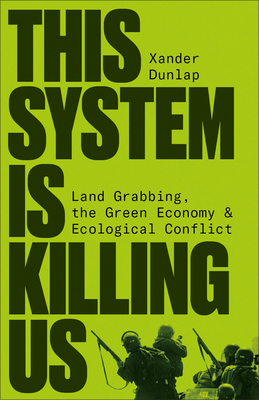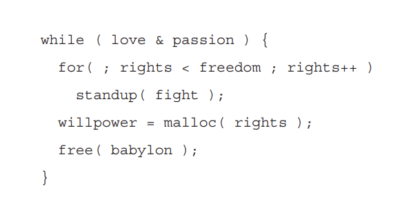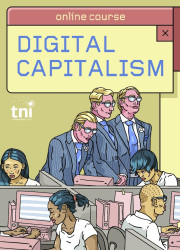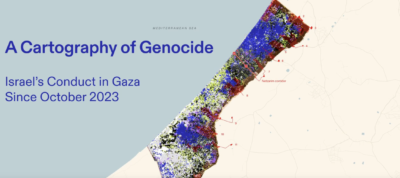“This System is Killing Us is an insider look at the catastrophic effects that energy infrastructure and mining are having on communities, their land and our planet. Xander Dunlap spent a decade living and working with Indigenous activists and land defenders across the world to uncover evidence of the repression people have faced in the wake of untamed capitalist growth.
From Zapotec and Ikoot people struggling against wind energy projects in Oaxaca, Mexico to the violence of the Hambach mine in the German Rhineland, Dunlap presents the truth that lies behind the green re-branding of capitalism that social movements in the Global North have been slow to challenge.
By centring the struggles of people whose lives are being systematically destroyed, Dunlap reveals blind spots within the current official debates around climate change. The book also speaks to the feuds between socialist modernism and degrowth. While changing public policy could play a constructive role in remediating climate catastrophe, by understanding the successes and failures of those ‘on the front lines’, it becomes clear that decentralised—and ideally viral—self-organisation could be the only way out of this socioecological nightmare.
*All royalties from the book are being donated to the Stop Cop City Movement and Atlanta Solidarity Fund*”

“Ecological and climate catastrophe, discrimination against different ethnicities, peoples, and sexualities as well as endemic police violence and war remain clear indicators of socioecological instability and crisis, even if capitalist economies tend to grow and thrive under these conditions. This book seeks to put this reality into perspective, decentering the existing capitalist delusions related to geoengineering and various green authoritarian propositions from the right and the left that suggest a stronger state can regulate and resolve socioecological catastrophe—a theme revisited briefly in the next sections. This means challenging easy or familiar statist, capitalist, and modernist solutions by relying on ourselves and each other—wherever we are—to appropriate and transform existing technologies and bureaucracies to create genuinely renewable socio-infrastructural systems and habitats. While this is a daunting task, if we do not accomplish this then the present trajectory of socioecological catastrophe will continue and intensify. This means, thinking of Alfredo M. Bonanno, entering a process of permanent ecological conflict that—from each according to their skills, desires, and capabilities—begins a process to stop the forces of socioecological domination and degradation, while organizing integral habitat regeneration and renewability in the widest sense” p 3 / 4




